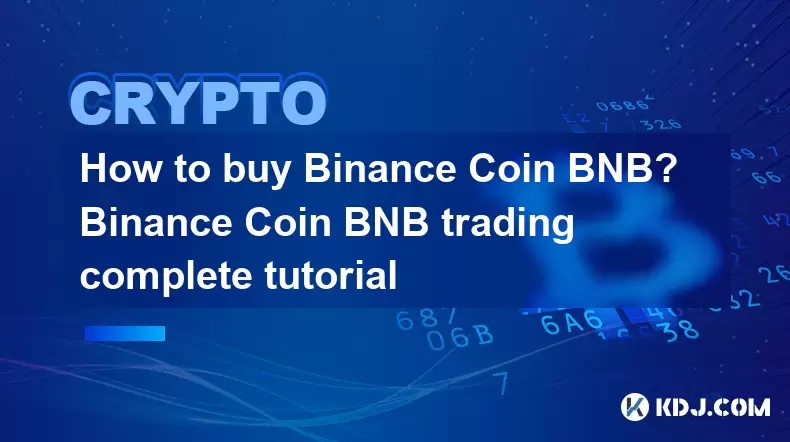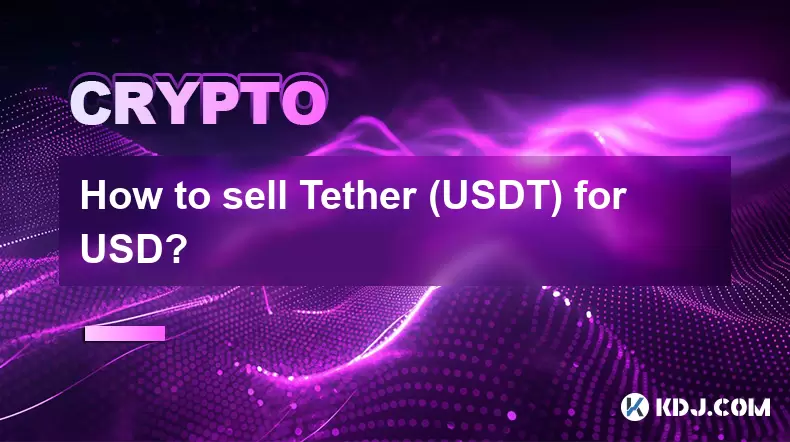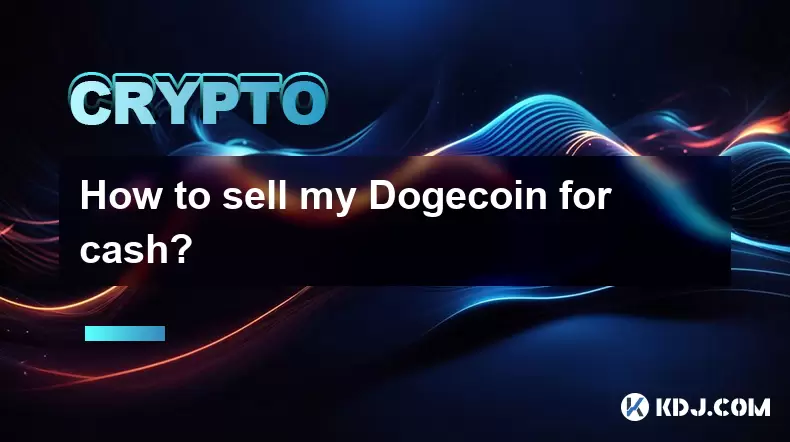-
 Bitcoin
Bitcoin $115100
1.27% -
 Ethereum
Ethereum $3675
2.71% -
 XRP
XRP $2.995
1.45% -
 Tether USDt
Tether USDt $1.000
0.02% -
 BNB
BNB $769.8
2.64% -
 Solana
Solana $168.0
3.25% -
 USDC
USDC $0.9999
-0.01% -
 TRON
TRON $0.3371
1.48% -
 Dogecoin
Dogecoin $0.2051
3.36% -
 Cardano
Cardano $0.7394
2.30% -
 Hyperliquid
Hyperliquid $38.15
0.42% -
 Stellar
Stellar $0.3966
-0.36% -
 Sui
Sui $3.486
2.93% -
 Chainlink
Chainlink $16.72
2.52% -
 Bitcoin Cash
Bitcoin Cash $568.0
4.36% -
 Hedera
Hedera $0.2440
2.59% -
 Ethena USDe
Ethena USDe $1.001
0.04% -
 Avalanche
Avalanche $22.16
2.06% -
 Litecoin
Litecoin $119.1
-0.73% -
 UNUS SED LEO
UNUS SED LEO $8.991
0.04% -
 Toncoin
Toncoin $3.232
-0.39% -
 Shiba Inu
Shiba Inu $0.00001233
2.82% -
 Uniswap
Uniswap $9.717
2.53% -
 Polkadot
Polkadot $3.664
1.85% -
 Dai
Dai $1.000
0.01% -
 Monero
Monero $281.2
-3.89% -
 Bitget Token
Bitget Token $4.350
1.55% -
 Cronos
Cronos $0.1428
5.07% -
 Pepe
Pepe $0.00001050
3.68% -
 Aave
Aave $262.3
3.54%
How to buy Binance Coin BNB? Binance Coin BNB trading complete tutorial
BNB, the native coin of Binance, can be bought on exchanges like Binance and Coinbase, used for trading fees, and offers benefits like reduced fees and staking rewards.
Jun 03, 2025 at 09:07 pm

Introduction to Binance Coin (BNB)
Binance Coin (BNB) is the native cryptocurrency of the Binance ecosystem, one of the largest and most popular cryptocurrency exchanges in the world. BNB is used to pay for trading fees on the Binance platform, participate in token sales on the Binance Launchpad, and for various other services within the Binance ecosystem. Understanding how to buy and trade BNB is crucial for anyone looking to engage with the Binance platform effectively.
Choosing a Cryptocurrency Exchange
To buy Binance Coin (BNB), you'll first need to choose a reputable cryptocurrency exchange that lists BNB. Some popular options include:
- Binance: As the issuer of BNB, Binance is the most direct place to buy it. They offer a wide range of trading pairs, including BNB/USDT, BNB/BTC, and BNB/ETH.
- Coinbase: A user-friendly platform that also lists BNB, suitable for beginners.
- Huobi: Another major exchange where BNB can be traded.
When selecting an exchange, consider factors such as fees, security, user interface, and the variety of trading pairs available.
Setting Up an Account
Once you've chosen an exchange, you'll need to set up an account. Here's how to do it on Binance:
- Visit the Binance website and click on the "Register" button.
- Enter your email address and create a strong password.
- Complete the verification process. This usually involves providing personal information and uploading a government-issued ID.
- Enable two-factor authentication (2FA) for added security. This can be done through apps like Google Authenticator or Authy.
After completing these steps, your account will be ready to use.
Depositing Funds
Before you can buy Binance Coin (BNB), you'll need to deposit funds into your exchange account. Here's how to do it on Binance:
- Log in to your Binance account.
- Navigate to the "Wallet" section and click on "Deposit".
- Choose the cryptocurrency you want to deposit (e.g., Bitcoin, Ethereum, or a stablecoin like USDT).
- Copy the deposit address provided by Binance and use it to send funds from your external wallet or another exchange.
Ensure you send the correct cryptocurrency to the correct address, as sending the wrong asset can result in permanent loss of funds.
Buying BNB
Once your account is funded, you can proceed to buy Binance Coin (BNB). Here's how to do it on Binance:
- Navigate to the "Trade" section and select "Spot".
- Search for the BNB trading pair you want to use (e.g., BNB/USDT).
- Enter the amount of BNB you want to buy or the amount of your chosen cryptocurrency you want to spend.
- Review the order details and click "Buy BNB".
After the order is executed, the BNB will be credited to your Binance wallet.
Trading BNB
Trading Binance Coin (BNB) involves more than just buying and holding. Here are some common trading strategies:
- Spot Trading: This is the most straightforward method where you buy BNB at a low price and sell it at a higher price.
- Margin Trading: This allows you to borrow funds to increase your trading position. It's riskier but can lead to higher profits.
- Futures Trading: You can trade BNB futures contracts, which allow you to speculate on the future price of BNB without owning the underlying asset.
To engage in these trading activities, you'll need to navigate to the respective sections on the Binance platform and follow the specific instructions for each type of trading.
Withdrawing BNB
If you want to move your Binance Coin (BNB) to an external wallet or another exchange, you'll need to withdraw it from Binance. Here's how:
- Log in to your Binance account.
- Navigate to the "Wallet" section and click on "Withdraw".
- Select BNB as the cryptocurrency you want to withdraw.
- Enter the withdrawal address and the amount of BNB you want to send.
- Review the withdrawal details and click "Submit".
Be aware that there may be withdrawal fees, and the process can take some time to complete.
Frequently Asked Questions
Q: Can I buy BNB with a credit card?
A: Yes, some exchanges like Binance and Coinbase allow you to buy BNB directly with a credit card. You'll need to go through a verification process and may incur higher fees compared to using a bank transfer or cryptocurrency.
Q: Is it safe to store BNB on an exchange?
A: While exchanges like Binance have robust security measures, it's generally safer to store your BNB in a personal wallet, especially for long-term holding. Consider using a hardware wallet for maximum security.
Q: What are the benefits of holding BNB?
A: Holding BNB can offer several benefits, including reduced trading fees on Binance, participation in token sales on the Binance Launchpad, and the potential for price appreciation. BNB is also used in various decentralized applications within the Binance Smart Chain ecosystem.
Q: Can I earn passive income with BNB?
A: Yes, you can earn passive income with BNB through various methods. For example, you can stake BNB on the Binance platform to earn rewards, or you can lend BNB on decentralized finance (DeFi) platforms to earn interest.
Disclaimer:info@kdj.com
The information provided is not trading advice. kdj.com does not assume any responsibility for any investments made based on the information provided in this article. Cryptocurrencies are highly volatile and it is highly recommended that you invest with caution after thorough research!
If you believe that the content used on this website infringes your copyright, please contact us immediately (info@kdj.com) and we will delete it promptly.
- HashFlare Founders Face the Music: Jail Time Looms?
- 2025-08-07 14:30:12
- Pepeto's Pounce: Meme Coin Mania Meets Blockchain Infrastructure
- 2025-08-07 15:10:12
- Parataxis, SPAC Merger, and Bitcoin Treasury: A New York Minute on Crypto's Latest Moves
- 2025-08-07 15:30:12
- Toshi on Binance.US: A Memecoin's Big Break
- 2025-08-07 14:30:12
- Bitcoin, SPAC Mergers, and Parataxis: A New Yorker's Take on Crypto's Wall Street Moment
- 2025-08-07 14:50:27
- Bitcoin, Collateral, and Loan Strategies: A New York Minute on the Future of Finance
- 2025-08-07 14:50:27
Related knowledge

How to sell Tether (USDT) for USD?
Aug 07,2025 at 03:29pm
Understanding Tether (USDT) and Its USD ValueTether (USDT) is a stablecoin designed to maintain a 1:1 value ratio with the United States Dollar (USD)....

How to sell my Bitcoincoin for cash?
Aug 07,2025 at 02:14pm
Understanding the Basics of Selling Dogecoin for CashSelling Dogecoin for cash involves converting your DOGE tokens into a fiat currency such as USD, ...

What is Chainlink (LINK)?
Jul 22,2025 at 02:14am
Understanding Chainlink (LINK): The Decentralized Oracle NetworkChainlink is a decentralized oracle network designed to bridge the gap between blockch...

What is Avalanche (AVAX)?
Jul 22,2025 at 08:35am
What is Avalanche (AVAX)?Avalanche (AVAX) is a decentralized, open-source blockchain platform designed to support high-performance decentralized appli...

What is Polkadot (DOT)?
Jul 19,2025 at 06:35pm
Understanding the Basics of Polkadot (DOT)Polkadot (DOT) is a multi-chain network protocol designed to enable different blockchains to transfer messag...

What is Litecoin (LTC)?
Jul 23,2025 at 11:35am
Overview of Litecoin (LTC)Litecoin (LTC) is a peer-to-peer cryptocurrency that was created in 2011 by Charlie Lee, a former Google engineer. It is oft...

How to sell Tether (USDT) for USD?
Aug 07,2025 at 03:29pm
Understanding Tether (USDT) and Its USD ValueTether (USDT) is a stablecoin designed to maintain a 1:1 value ratio with the United States Dollar (USD)....

How to sell my Bitcoincoin for cash?
Aug 07,2025 at 02:14pm
Understanding the Basics of Selling Dogecoin for CashSelling Dogecoin for cash involves converting your DOGE tokens into a fiat currency such as USD, ...

What is Chainlink (LINK)?
Jul 22,2025 at 02:14am
Understanding Chainlink (LINK): The Decentralized Oracle NetworkChainlink is a decentralized oracle network designed to bridge the gap between blockch...

What is Avalanche (AVAX)?
Jul 22,2025 at 08:35am
What is Avalanche (AVAX)?Avalanche (AVAX) is a decentralized, open-source blockchain platform designed to support high-performance decentralized appli...

What is Polkadot (DOT)?
Jul 19,2025 at 06:35pm
Understanding the Basics of Polkadot (DOT)Polkadot (DOT) is a multi-chain network protocol designed to enable different blockchains to transfer messag...

What is Litecoin (LTC)?
Jul 23,2025 at 11:35am
Overview of Litecoin (LTC)Litecoin (LTC) is a peer-to-peer cryptocurrency that was created in 2011 by Charlie Lee, a former Google engineer. It is oft...
See all articles

























































































